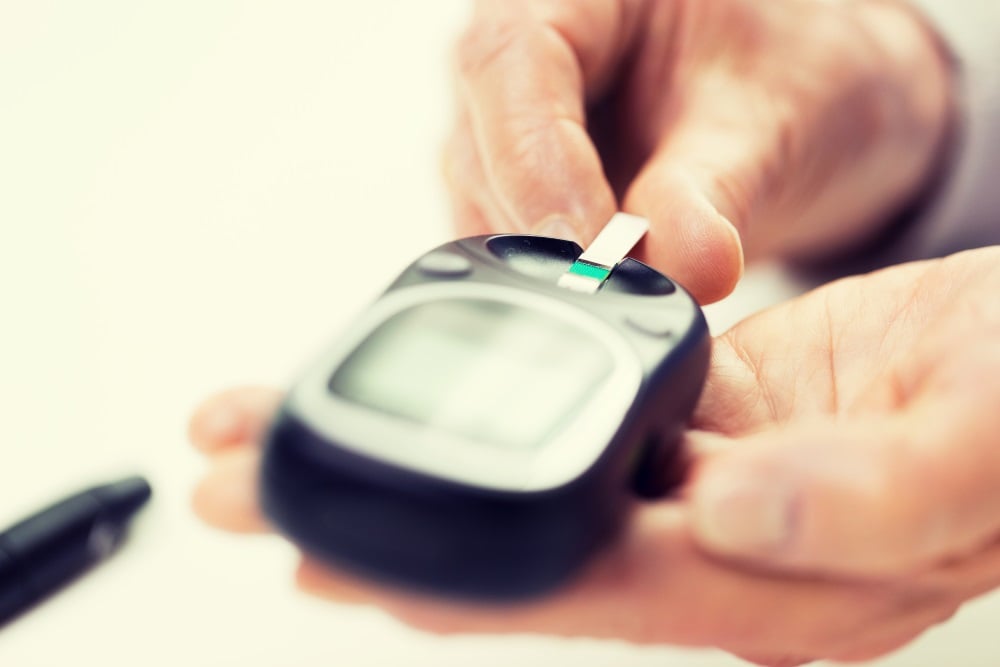Managing diabetes involves continuous care and significant lifestyle adjustments. Donating blood, plasma, or white blood cells not only supports the improvement of treatment strategies but is also critical for the development of effective diagnostic testing. Your contribution supports the scientific community in making significant advancements in diabetes care.
“Severe” diabetes is determined by a patient’s hemoglobin A1c level, a three-month marker of blood glucose levels. Participating studies will indicate appropriate A1c levels needed for qualification although all patients should adhere to ADA guidelines of less than 7.0% A1c for optimal health and reduced risk of future complications.
Donor requirements for participation:
- Your A1c level is 8.0 or greater.
- You must be clinically diagnosed by a medical professional. Confirmation of the diagnosis and/or treatment must be verified with your physician.
- Be pre-screened to determine eligibility.
- You’re willing to donate whole blood, plasma or white blood cells through the apheresis process.
- You must have a photo ID and be able to provide your social security number or proof of citizenship.
- You must be at least 18 years old.
- You must weight at least 110 lbs.
- You must disclose if you have ever been diagnosed with Hepatitis C and/or HIV.
Learn more about requirements and eligibility here.
Why Donate?
Join the fight against Lupus by donating blood or plasma today. Your contributions enable groundbreaking research and potential breakthroughs in treatment. Feel empowered knowing each donation supports the quest for a cure and offers you financial compensation for your time.
Benefits of Donating:
Donating is not only an act of generosity but also a rewarding experience. Receive up to $150 in compensation, engage with a supportive community, and possibly improve your own health through regular donations that help manage iron levels and heart health.
Donation Process:
Learn More About Our Donation Process
Donors are screened according to AABB guidelines and undergo a complete battery of required infectious disease tests. Donors may be eligible to receive up to $150 per donation.
Schedule your donation today and help TARGET A CURE. Fill out the form or call (833) GO-4-CURE to speak with a donor coordinator. Each donation counts, and your participation can make a life-changing difference.
This donation program is only available at our donor centers. See a list of our locations here.
Living with a chronic illness can pose great challenges to your daily activity. Being proactive with treatment and donating to research can be a beneficial addition to your routine management. Discovering that you have a disease can be overwhelming with many unanswered questions and concerns. One that may come to mind is “how can I help someone else that may go the same process and struggles that I have experienced?” You can help by becoming a Specialty Antibody donor!
Participating in research allows scientists and clinicians find new treatments, tests and quicker diagnostic methods to improve patient outcomes and, hopefully, prevent the disease in the future.


DO NOT SELL OR SHARE MY INFORMATION
M-Th: 7 AM - 3 PM
F: 8:30 AM - 10:30AM
M-F: 7:30 AM - 3:30 PM
Programs:
Bone Marrow, Whole Blood, White Blood Cells
M-F: 6:00 AM - 12:00PM
Programs:
Whole Blood, White Blood Cells
M-Th: 7 AM - 3 PM
F: 7 AM - 12 PM
Programs:
Whole Blood
M-Th: 8:30 AM - 3 PM
F: 8:30 AM - 12 PM
Programs:
Whole Blood, Plasmapheresis
M-Th: 7 AM - 3 PM
F: 8:30 AM - 1:00 PM
Programs:
Whole Blood, Plasmapheresis, White Blood Cells